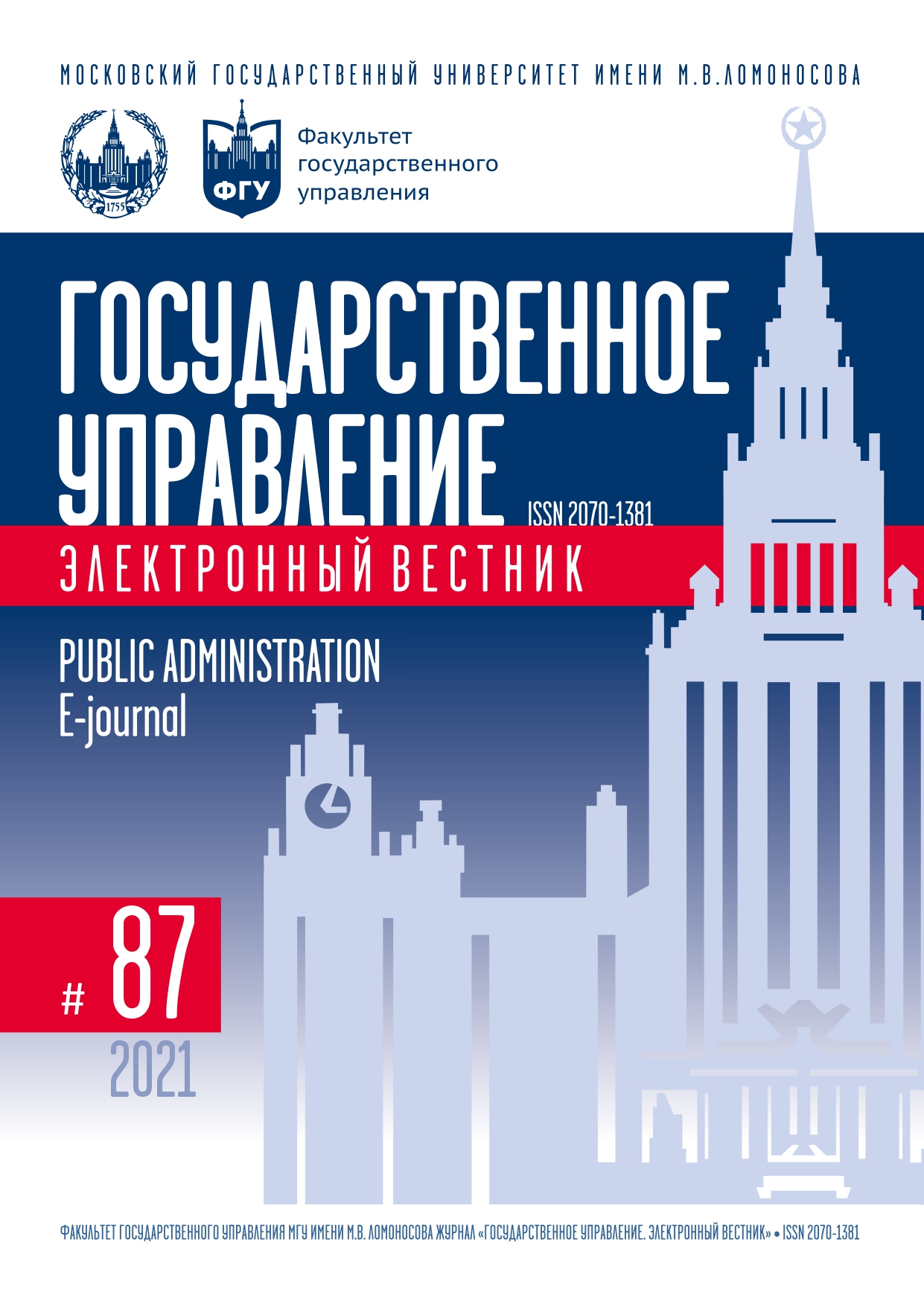Socio-Communicative Technologies Increasing Tourist Attractiveness of the Russian Regions (on the Example of Tourist Programs and Advertising on Television)
Keywords:
Tourism, tourist image of the region, tourist attractiveness of the region, regional image, social technologies, socio-communicative technologiesAbstract
The era of COVID-19 has marked the exceptional importance of the tourism and hospitality industry for the socio-economic life of the country. The study was conducted during the period of the initial spread of coronavirus infection in the world, but the results gained even more significance due to the feasibility of using new technologies to improve the image of domestic tourism in the country because of restrictive measures introduced on travel to foreign countries. The aim of the study was to develop a socio-communicative technology for constructing the tourist attractiveness of Russian regions based on the perception of the Moscow audience of domestic tourism in modern conditions. The article contains a content analysis of domestic travel programs and commercials that were broadcast on television in 2019–2020, as a result of which it is shown that a positive image of our country is positioned on television, but there is a need to create new and memorable advertising. The types of tourism that are covered in the studied programs are also noted. Furthermore, three focus groups with two age categories of the population (18–35 years old and 45–65 years old) were conducted, on the basis of which the attitude of Muscovites to Russian tourism and the analyzed video content was determined; a socio-communicative technology of seven components has been formulated, contributing to an increase in the tourist attractiveness of Russian regions. The results obtained can be used in the practical work of representatives of Russian travel agencies, as well as in government agencies involved in the promotion of
domestic tourism in our country.
References
Бабенко В.А. Эволюция жанра путевой очерк в документальной телепублицистике // Международный научно-исследовательский журнал. 2018. № 1-4(67). С. 94–98. DOI: https://doi.org/10.23670/IRJ.2018.67.122.
Бобров А.А. Журналистика путешествий: реальность и тенденции // Научные труды Московского гуманитарного университета. 2016. № 3. С. 54–61. DOI: https://doi.org/10.17805/trudy.2016.3.6.
Егорова Е.Н., Цыганова В.О. Бренд как фактор развития туристического региона // Colloquium-journal. 2019. № 20-5(44). С. 4–7. DOI: https://doi.org/10.24411/2520-6990-2019-10655.
Елкина И.И. Автор и адресат трэвел-медиатекста // Ученые записки НовГУ. 2016. № 2(6). URL: https://www.novsu.ru/file/1229877
Логунцова И.В. Индустрия туризма в условиях пандемии коронавируса: вызовы и перспективы // Государственное управление. Электронный вестник. 2020. № 80. С. 49–65. DOI: 10.24411/2070-1381-2020-10063.
Логунцова И.В. Каналы коммуникации и инструменты продвижения в геобрендинге // Коммуникология. 2017. Т. 5. № 4. С. 119–129.
Пастухова А.Э. «Цифровые технологии как драйвер развития предприятий индустрии туризма в России (accessible tourism) // Российские регионы: взгляд в будущее. 2019. Т. 6. № 2. С. 150–166.
Berger P.L., Luckmann T. The Social Construction of Reality: A Treatise in the Sociology of Knowledge. Garden City, New York: Anchor Books, 1966.
Bourdieu P. Practical Reason: On the Theory of Action. Stanford CA: Stanford University Press, 1998.
Lippmann W. Public Opinion. New York: Macmillan, 1922.
Downloads
Published
Issue
Section
Categories
Similar Articles
- Timur O. Tarba, Instruments of Interaction between State Corporations and Subjects of the Russian Federation , Public Administration. E-journal (Russia): No. 109 (2025)
- Andrey M. Eremin, Evolution of Scientific Approaches to State Participation in the Field of Mass and Professional Sports in the 20th — early 21st centuries , Public Administration. E-journal (Russia): No. 111 (2025)
- Nina A. Voskolovich, Antonina S. Resmiatova, International Cooperation as a Driver of Inbound Tourism Development to Russia from China , Public Administration. E-journal (Russia): No. 95 (2022)
- Nina A. Voskolovich, On the Way to Digital Tourism , Public Administration. E-journal (Russia): No. 102 (2024)
- Raisa N. Shpakova, Dmitriy I. Gorodetskiy, Prospects of Using Artificial Intelligence Technologies to Solve Regional Strategic Planning Problems , Public Administration. E-journal (Russia): No. 112 (2025)
- Irina V. Loguntsova, Ksenia D. Krushina, Features of Forming Tourist Geo-Brands of Russian Regions (Example of Ivanovo and Tambov Regions) , Public Administration. E-journal (Russia): No. 86 (2021)
- Aleksandr V. Neshataev, Anna P. Bagirova, Values of the Population in Depressed Territories in the Context of Regional Administration , Public Administration. E-journal (Russia): No. 110 (2025)
- Tatiana V. Gudkova, Stepan A. Sinitsyn, Digitalization as a Factor of Company’s Sustainable Development , Public Administration. E-journal (Russia): No. 93 (2022)
- Elena I. Vasileva, Anastasia V. Orfonidii, Implementation of Smart City Project in Cities of Ural Federal District , Public Administration. E-journal (Russia): No. 94 (2022)
- Margarita A. Gvozdeva , Vera A. Barinova, Limits of Sustainable Tourism Development in Russia , Public Administration. E-journal (Russia): No. 113 (2025)
You may also start an advanced similarity search for this article.




